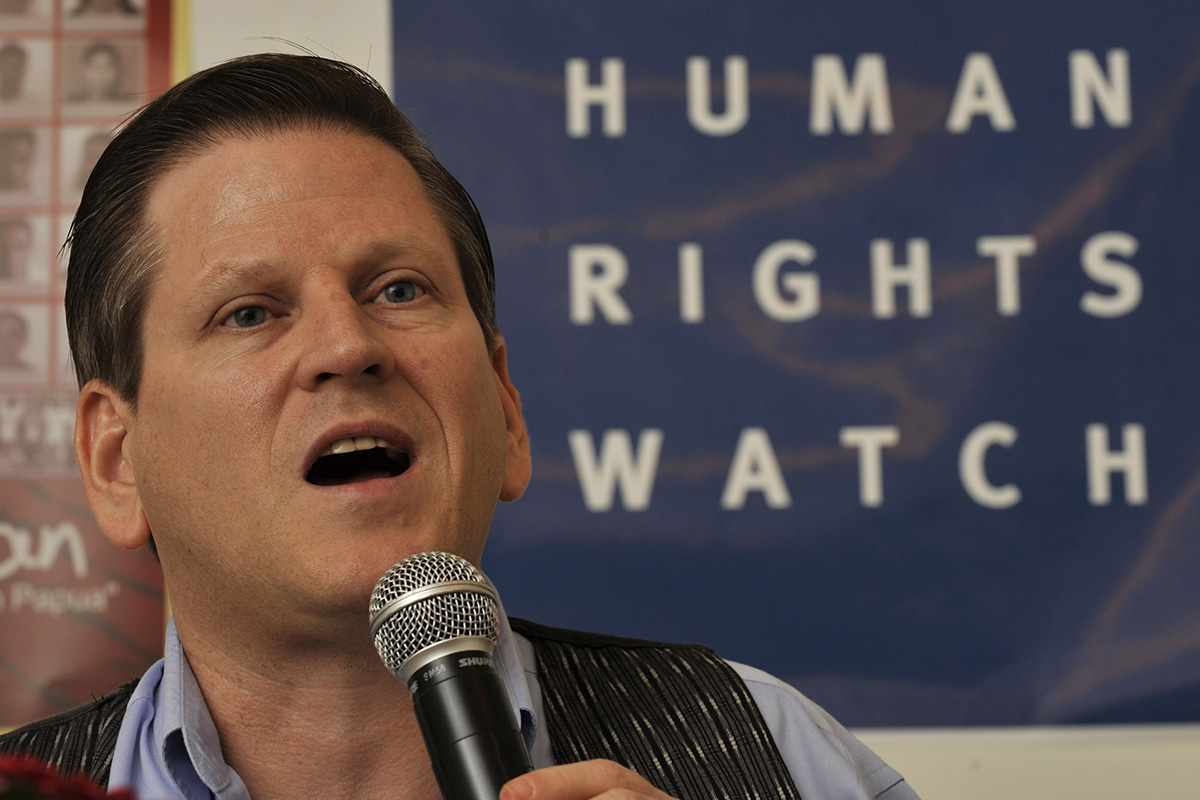Singapore is increasingly using harsh laws to severely restrict freedom of speech and assembly, Human Rights Watch said Wednesday, urging authorities to let people publicly debate matters of national interest.
A report from the New York-based rights group said that while the financial hub was an economic success, it was time to relax tough regulations which are not in line with international human rights standards.
"Singapore promotes itself as a modern nation and a good place to do business, but people in a country that calls itself a democracy shouldn't be afraid to criticise the government or speak out about political issues," said Phil Robertson, deputy Asia director at Human Rights Watch (HRW).
The city-state has long been accused of using tough laws to stifle dissent but Robertson said its use of them had been stepped up in recent times.
Last month prominent human rights activist Jolovan Wham was charged with organising public protests without a permit over three small demonstrations staged in the last year.
Singapore does not allow protests without approval from police, except in one corner of a downtown park.
In August, the government launched legal action against the grandson of founding prime minister Lee Kuan Yew over a Facebook post linked to a feud in the ruling family.
In its first major report on Singapore since 2005, HRW also described the case of a news website that was probed for allegedly breaking election rules and a blogger sued for defamation after writing about social and economic issues affecting Singaporeans.
Singapore's government did not immediately respond to request for comment. It has previously said its laws are aimed at maintaining peace and public order.
The report, which drew on interviews with activists, journalists and academics, called for Singapore to drop prosecutions and investigations that violate the right to freedom of expression and peaceful assembly and change laws inconsistent with international rights standards.
The report was launched in Kuala Lumpur, the capital of neighbouring Malaysia, as HRW did not believe they would have got permission from authorities to release it in Singapore, Robertson said. – AFP
Recommended stories:
